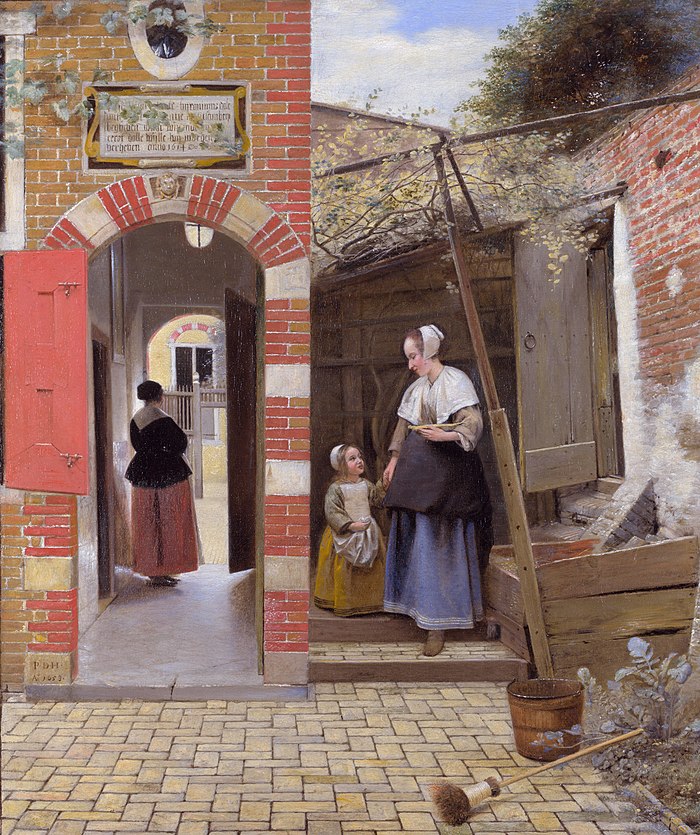The Seemingly Local Detail: On Derek Mahon

Poetry London was deeply saddened to learn of Derek Mahon’s death last week, and we join with the rest of the poetry community in mourning his loss and paying tribute to his talent. He was a true great, one whose work will stand the test of time. Perhaps in Mahon’s case that last phrase takes on more than its usual clichéd resonance, for in its stringent but generous way his poetry does exactly that – tests the limits of time and history, probing at gaps and silences in the record, winnowing out the spaces ‘where a thought might grow’. Those words are from ‘A Disused Shed in Co. Wexford’, his most famous work and an enduring masterpiece of political witness in verse. Its combination of allegory, myth, descriptive realism, and transhistorical – and trans-species – sympathy still feels utterly unusual and compelling.
Writing in our own pages in Autumn 2006, Marilyn Hacker captures Mahon’s deep interest in history and ‘placement’:
It is not the fact that the verse, when one examines it, is crafted with every metrical expansion or rhyme furthering its project, which is remarkable, but that the poet does in these poems what novelists like Flaubert (and early Joyce) do: creates a character, his situation and history, his placement in the events of his time, with an accretion of seemingly local and domestic detail.
This reference to the ‘seemingly local and domestic detail’ put me in mind of ‘Courtyards in Delft’, the title poem of Mahon’s wonderful 1981 collection. An ekphrastic after a 1651 painting by Pieter de Hooch, the poem sings the praises of a particular attitude, or quality of attention, that is present in the best Dutch art of this era. The paintings seem to represent humdrum, transient moments in the daily record – milk being poured from a jug, a woman and her daughter emerging from a side-door – that feel too specific or bounded by place and custom to matter much, until a stray beam of sunlight catches an object in just such a way that, suddenly, it belongs to quite another moment, far away in space and time. The generic becomes deeply personal.
Yet this is life too, and the cracked Out-house door a verifiable fact As vividly mnemonic as the sunlit Railings that front the houses opposite. I lived there as a boy and know the coal Glittering in its shed, late-afternoon Lambency informing the deal table, The ceiling cradled in a radiant spoon.
These are the ‘radiant’ perspectives that Mahon’s poetry opens up, and they will continue to ramify and complicate one another for many years to come.
Dai George, Reviews Editor

